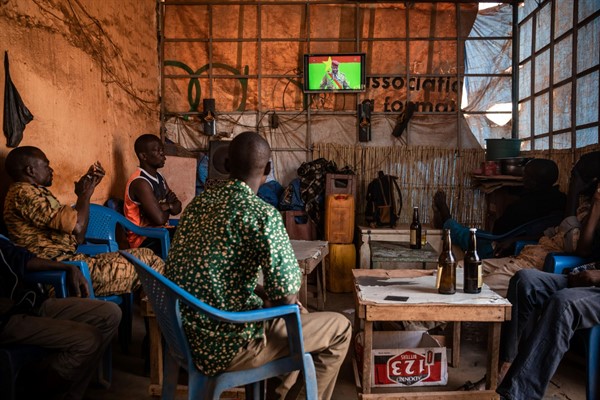A national conference in Burkina Faso has approved a charter setting out a three-year transition period before the country schedules national elections, following the coup that overthrew former President Roch Kabore in January. Lt. Col. Paul-Henri Sandaogo Damiba, the officer who led the coup and was already serving as Burkina Faso’s interim head of state, was immediately sworn in as president for the duration of the transition. He subsequently appointed a transitional prime minister to head the 25-member Cabinet, while pledging to make improvements to security and the restoration of “territorial integrity” his key priorities as head of state.
The announcement of the charter came after extensive consultations between the junta and the technical committee tasked with drafting a transition timeline, as well as civil society groups, civilian political elites, and traditional and religious leaders. Among the charter’s provisions, it prohibits Damiba and any other members of the transitional government from standing as candidates for any office in the election that will conclude the transition.
Following Burkina Faso’s coup, the fourth military takeover in West Africa in the previous 18 months, the country was suspended from the African Union and the Economic Community of West African States, or ECOWAS. As in the case of its regional neighbors, Mali and Guinea, Burkina Faso’s junta cited the need to “stabilize the country” amid protracted security challenges and political volatility as the reason for the lengthy transition, which contravenes the “immediate restoration of constitutional order” that ECOWAS customarily demands in the aftermath of a military takeover in the region.

